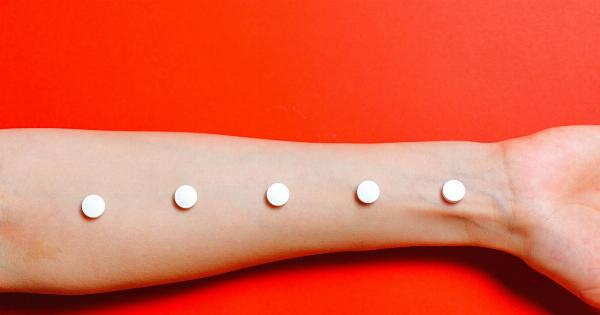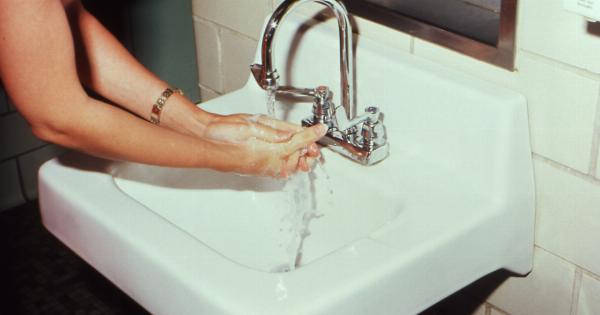Eczema is a condition that results in the development of dry, itchy, and flaky skin.
While factors like genetics and immune system functionality play a significant role in the development of eczema, exposure to different environmental variables can also exacerbate or improve the condition. One of these factors is the quality of water that an individual is exposed to.
What is eczema?
Eczema is a skin condition that affects around 10% to 20% of children and 1% to 3% of adult populations worldwide. Eczema is characterized by dry, itchy, and inflamed skin.
Some common symptoms experienced by those with eczema include redness of the skin, swelling, crusting, and itching. Eczema can sometimes be accompanied by flaking, cracking, and oozing. The symptoms of eczema typically worsen with age and can persist or come and go throughout an individual’s life.
What Causes Eczema?
There is no known single cause of eczema. Rather, eczema is believed to be the result of a complex interaction between environmental, genetic, and immune system factors.
Eczema often runs in families, suggesting a genetic predisposition; however, in many instances, it is not possible to identify a specific underlying cause of eczema development.
How does water quality impact eczema?
The quality of water that an individual is exposed to can have a significant impact on the severity of eczema symptoms. The minerals and chemicals in water can leave a residue on the skin, contributing to dryness and itchiness.
In some cases, exposure to impure water can even lead to eczema flare-ups. Moreover, exposure to water that is too hot can dry out the skin, causing it to become itchy and irritated.
: Chlorine and Eczema
Chlorine is commonly used as a disinfectant to treat public water supplies, and it is often added to swimming pools and hot tubs to kill bacteria that could potentially cause illnesses.
However, exposure to chlorine has been found to be a significant trigger for eczema flare-ups. Chlorine can cause skin irritation, dryness, and inflammation, making eczema symptoms worse for those with the condition. Individuals with eczema should avoid swimming in heavily chlorinated water, as this can exacerbate their eczema symptoms.
: Hard Water and Eczema
Hard water refers to water that contains a high concentration of minerals like calcium and magnesium. Hard water can leave a residue on the skin, making it more difficult for the skin to retain moisture.
This can lead to skin dryness and itchiness, which can worsen eczema symptoms. In some cases, hard water can trigger eczema flare-ups. Individuals with eczema should consider investing in a water softener to avoid exposure to hard water.
: Soft Water and Eczema
Soft water refers to water that has had its mineral content removed through a process known as ion exchange. Soft water typically does not contain as many minerals as hard water and is therefore less likely to irritate and dry out the skin.
For individuals with sensitive skin conditions like eczema, using soft water can help to alleviate symptoms and make eczema easier to manage.
: Filtering Water
Filtering water can help to remove impurities like chemicals, mineral content, and bacteria from the water. This can help to reduce the likelihood of eczema flare-ups and make eczema more manageable.
There are many different types of water filters available on the market, ranging from simple activated carbon filters to more complex reverse osmosis systems. Selecting the right type of water filter will depend largely on individual needs and the quality of water available in your area.
: Conclusion
The quality of water that an individual is exposed to can have a significant impact on eczema symptoms.
Chlorine and hard water are among the most common triggers for eczema flare-ups, while soft water and filtered water can help to alleviate eczema symptoms and make the condition easier to manage. Individuals with eczema should take steps to reduce their exposure to impure water sources and consider investing in water softening or filtering systems to help manage their eczema more effectively.






























